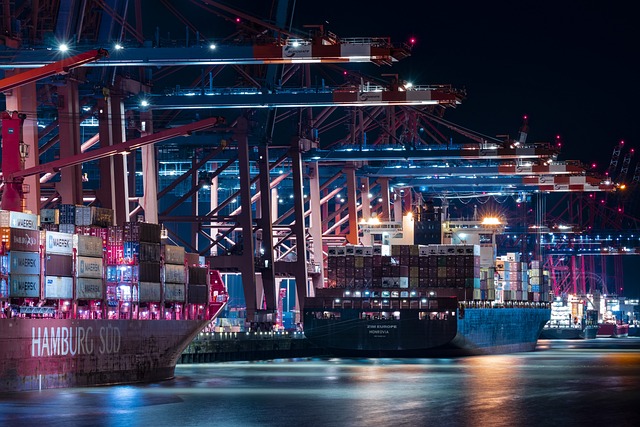The Blockchain Supply Chain: What It Is and How it Works
The supply chain is the process by which goods move from their origins to their final destinations. In a typical supply chain, a company might have multiple suppliers that all work together to process orders and deliver finished goods to end customers. However, with the ever-growing digitization of business practices and the introduction of new technologies like blockchain, companies are looking to revamp how they do business. In this blog post, we’ll introduce you to the blockchain supply chain, explore its potential benefits, explain its structure and look at some of the risks involved.
What is a Blockchain Supply Chain?
The blockchain is a digital record-keeping system that’s primarily used to track assets and keep records decentralized. The technology behind the blockchain is what makes it useful in supply chains. It allows importers, exporters, retailers, distributors and other stakeholders to verify and track information about products using a decentralized network. As such, it offers several benefits to all the parties involved in a supply chain. Supply chains have always been costly and time-consuming for businesses, but with blockchain, these processes could become much more efficient. Here are a few examples: – Authenticating products – Using the blockchain, you can ensure the authenticity of the products being transferred and confirm that these products have not been tampered with along the way. – Traceability – With blockchain, you can confirm the origins of goods and trace their paths from the supplier to the customer. – Compliance – Using blockchain to track goods and their movement through the supply chain, you can ensure compliance with regulations, such as food traceability and export/import requirements.

How does the blockchain work in a supply chain?
Blockchain supply chain (https://authena.io/real-time-product-supply-chain-tracking-important-in-product-protection/) is a process in which goods move from their origin to their final destination. The blockchain is a decentralized ledger that keeps track of the assets and information of every party in the supply chain. People who want to make changes to the ledger need to approve it by using their signature. This signature is verified by the network, and it becomes a part of the blockchain. Supply chain participants share data on the blockchain, including details about goods and assets like suppliers, buyers, shippers, distributors and customs. Transactions on a blockchain network are verified by multiple participants, which makes it difficult to alter the information.

